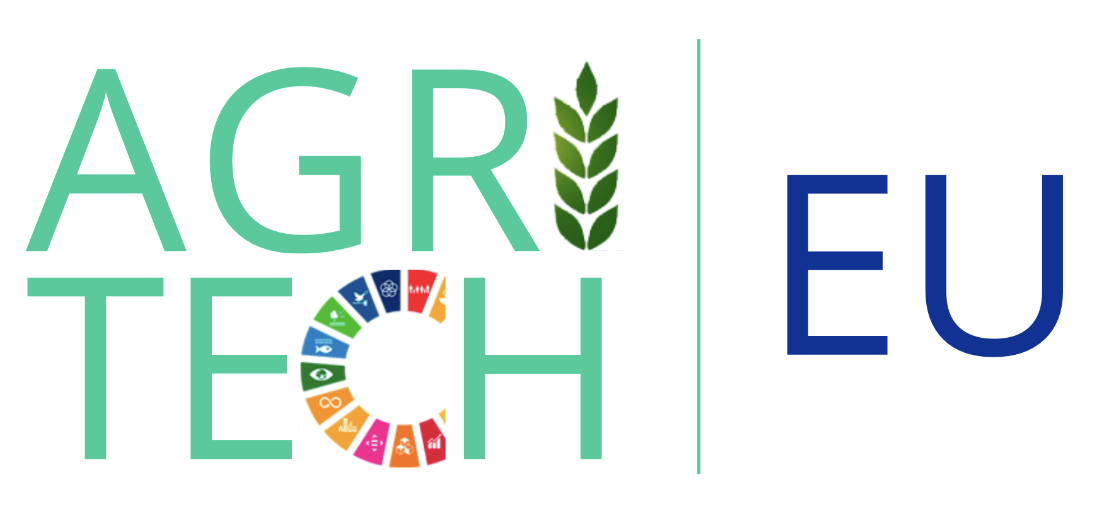AGRITECH EU will support digitisation through its programmes. It will go beyond the state of art by building a Catalogue of learning solutions that will pursue the integration of the digital technologies in agricultural SMEs. Students who attend the programmes designed in the AGRITECH EU project will be able to address the challenges associated with the digital transition through the dissemination of knowledge and the application of methods and solutions capable of managing change.
In about twenty years, digitisation has revolutionized the way people communicate, get informed, and learn. Today we can work remotely, share data, and participate in teleconferences. Universities have thus reconsidered their educational methods and organization, as access to Internet sources and possibility to broadcast courses changes the role of the face-to-face contact between students and teachers reducing barriers of access to higher education.
Enhancing efficiency and well-being
In agriculture, forestry, and rural domains, the use of digital technologies allows for improvements in efficiency and quality of work, reducing pressure on natural resources, and promoting market integration. In particular, the technologies analysed in AGRITECH EU courses will firstly help farmers, but they will also affect the well-being of a multiplicity of interdependent actors. The distribution of capabilities that digital technologies can foster are a key consideration in understanding the benefits, costs, impacts, and trade-offs of digitalisation in agriculture.
Reducing the digital divide
About the impact of distribution of access to ICTs, the use of such in agriculture, forestry and rural areas could be strongly limited by the absence of a stable and low-cost Internet connection, but the new generation of cellular connectivity may reduce such a gap, thus opening to a wide set of basic and commercial services that may improve the well-being of the populations involved. To bring connectivity where there is none, or to improve existing networks, the use of commodity hardware and green energy (e.g., solar panels) should be leveraged.
Competitiveness of the agricultural sector in Europe
Already-on-the-market digitisation technologies are changing business models, market integration, coordination among enterprises, the configuration of Agricultural Knowledge and Innovation Systems, as well as interaction with policy organizations. The farming context is rich in tools, and forestry and rural areas are experiencing developments as well. AGRITECH EU will support the digital transition for farms and food companies by fostering education on these topics through the AGRITECH EU programmes and thus allowing students to be prepared for and actively support this transition.
The training of digital transition specialists in the agricultural sector will ensure the growth in digital know-how and thus in the competitive capacity of the European agricultural sector, which generated a gross value added (GVA) of EUR 178.4 billion (Eurostat, 2020). The partnership covers a market of about 202 million inhabitants, or 45.3% of the population of the EU-27. The adoption of the English language in education will expand access to 100% of the European territory, as well as the associated states (Eurostat, 2020).
The focus of AGRITECH EU – Digital agriculture for sustainable development project is on leveraging innovation to address the challenges facing the agricultural industry. The catalogue presents programs that will adopt a multidisciplinary approach, bringing together experts from academia, industry and research to provide a holistic learning experience. Students will have the opportunity to engage in research, participate in projects and gain insights into trends shaping the future of agriculture.

